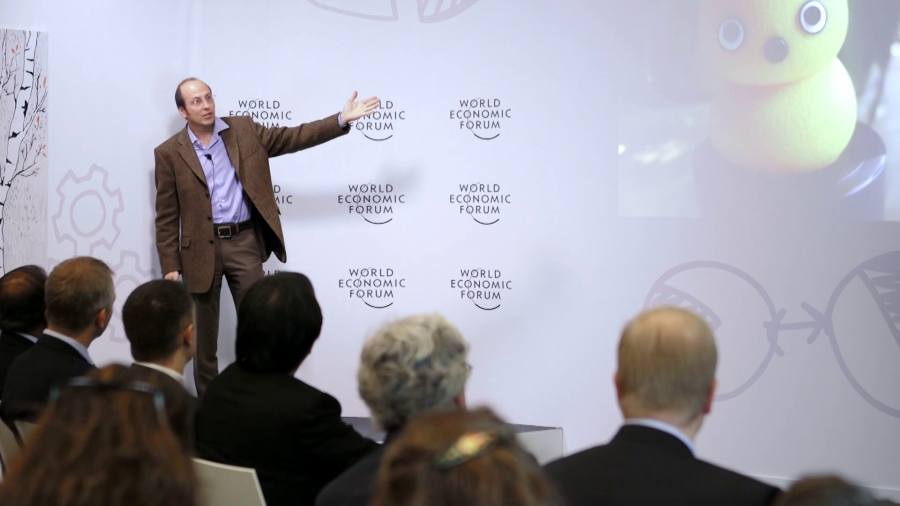Instead of having our children become consumers of robotics technology, consumers of products, we’d have to train them to be producers, to realize that they can use robotic technologies to build something with their intuition, their creativity, and their sense of purpose, that has meaning to them. Then we’d have a technologically fluent society.
Archive (Page 3 of 3)
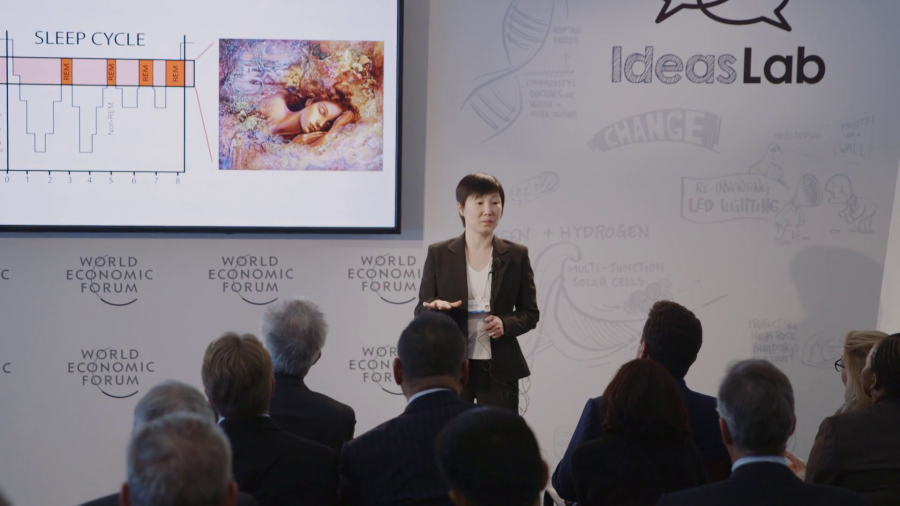
We used to think that sleep is a passive process caused by reduced sensory stimulation so that our normal mental and physical activities can shut down. We held this belief since the time of Aristotle, and perhaps even before that. But now we know that this idea is completely wrong.
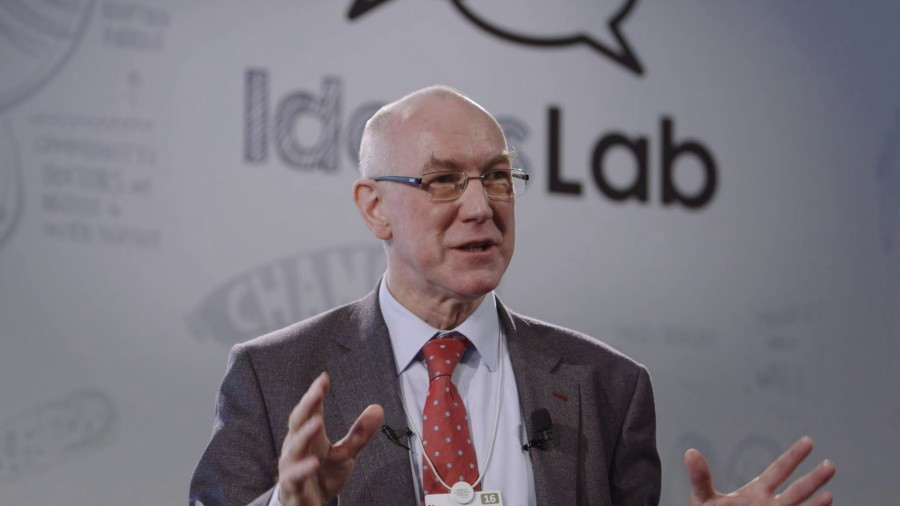
The idea of putting a robot simulator inside a robot, well, it’s not a new idea but it’s tricky and very few people have pulled it off. In fact, it takes a bit of getting your head round. The robot needs to have, inside itself, a simulation of itself and its environment, and others in its environment. And running in real-time as well.
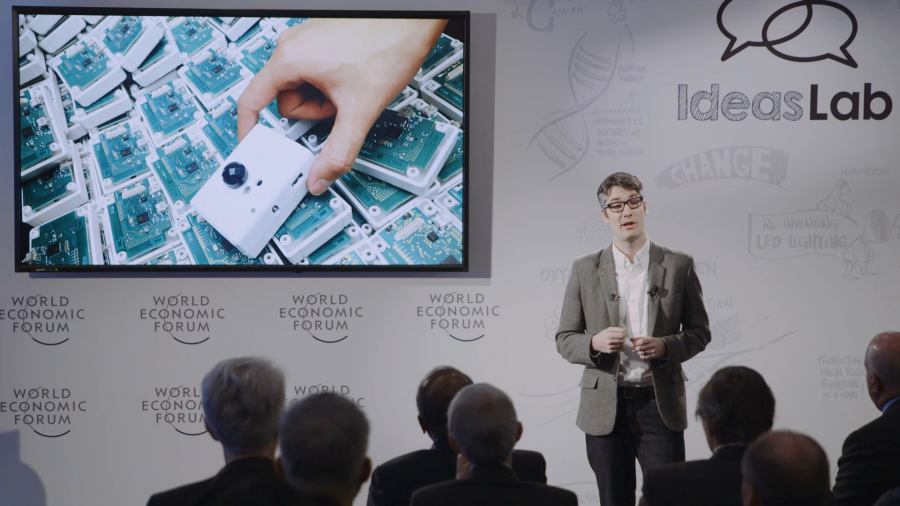
We all see the benefits of active safety systems in cars. But that same safety technology, if attacked, can actually allow you to immobilize a vehicle or even disable breaks while driving.
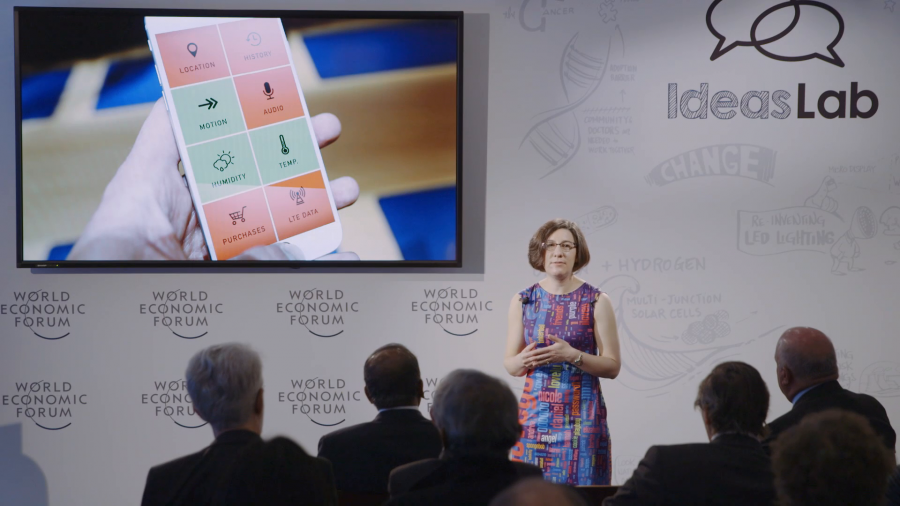
Imagine your privacy assistant is a computer program that’s running on your smartphone or your smartwatch. Your privacy assistant listens for privacy policies that are being broadcast over a digital stream. We are building standard formats for these privacy policies so that all sensors will speak the same language that your personal privacy assistant will be able to understand.

